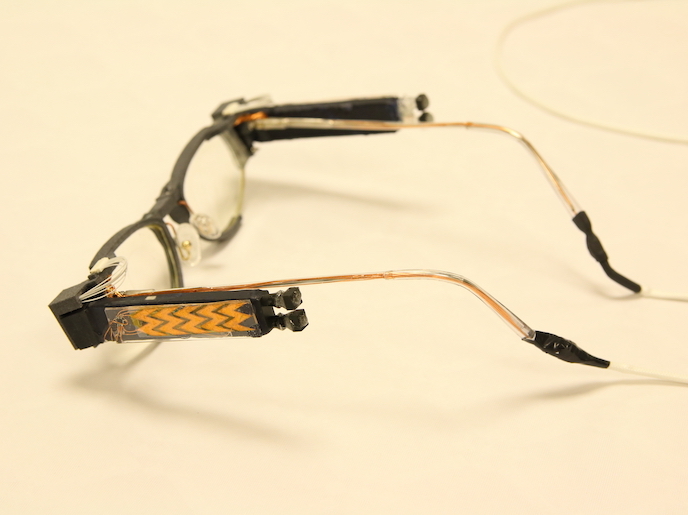Protecting the ocean's smallest inhabitants
It has been recognised that bacterioplankton play a critical role in the global cycling of carbon and sulphur. There is concern that man's growing impact on the environment could disrupt the delicate balance that has been established over thousands of years. It is feared, for instance, that the changing global climate could allow increased levels of sunlight, including harmful ultraviolet (UV) radiation, to reach the ocean surface. The Institut de Ciències del Mar (CMIMA) in Spain coordinated a multi-million Euro research project entitled BASICS to investigate the vulnerability of the bacterioplankton populations inhabiting the seas surrounding Europe. CMIMA monitored the response of single-cell heterotrophic bacteria to increased levels of UV and Photosynthetically Active Radiation (PAR). Special techniques, such as flow cytometry, CTC reduction, staining and MAR-FISH, were required to assess changes in cellular activity and diversity in such small organisms. The results of the research indicate that some families of bacterioplankton are more susceptible to increased levels of radiation while others were relatively unaffected. For example, the cellular activity of alpha-Proteobacteria decreased following radiation exposure whereas gamma-Proteobacteria showed no effects. In general, it was determined that UV radiation is an important factor governing bacterioplankton health. This, together with the other BASICS research objectives, will contribute to a better understanding of these miniscule yet important ocean inhabitants.







